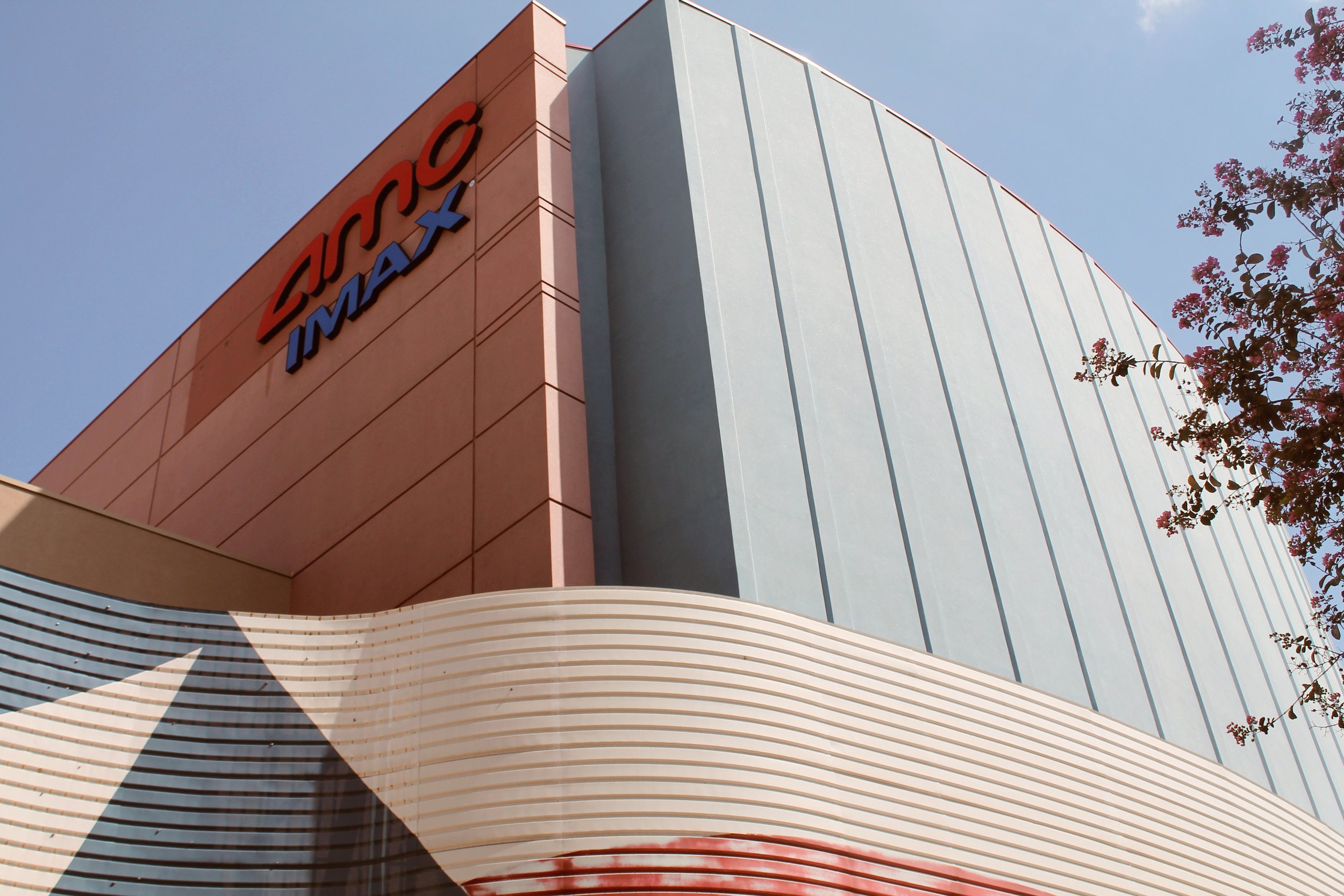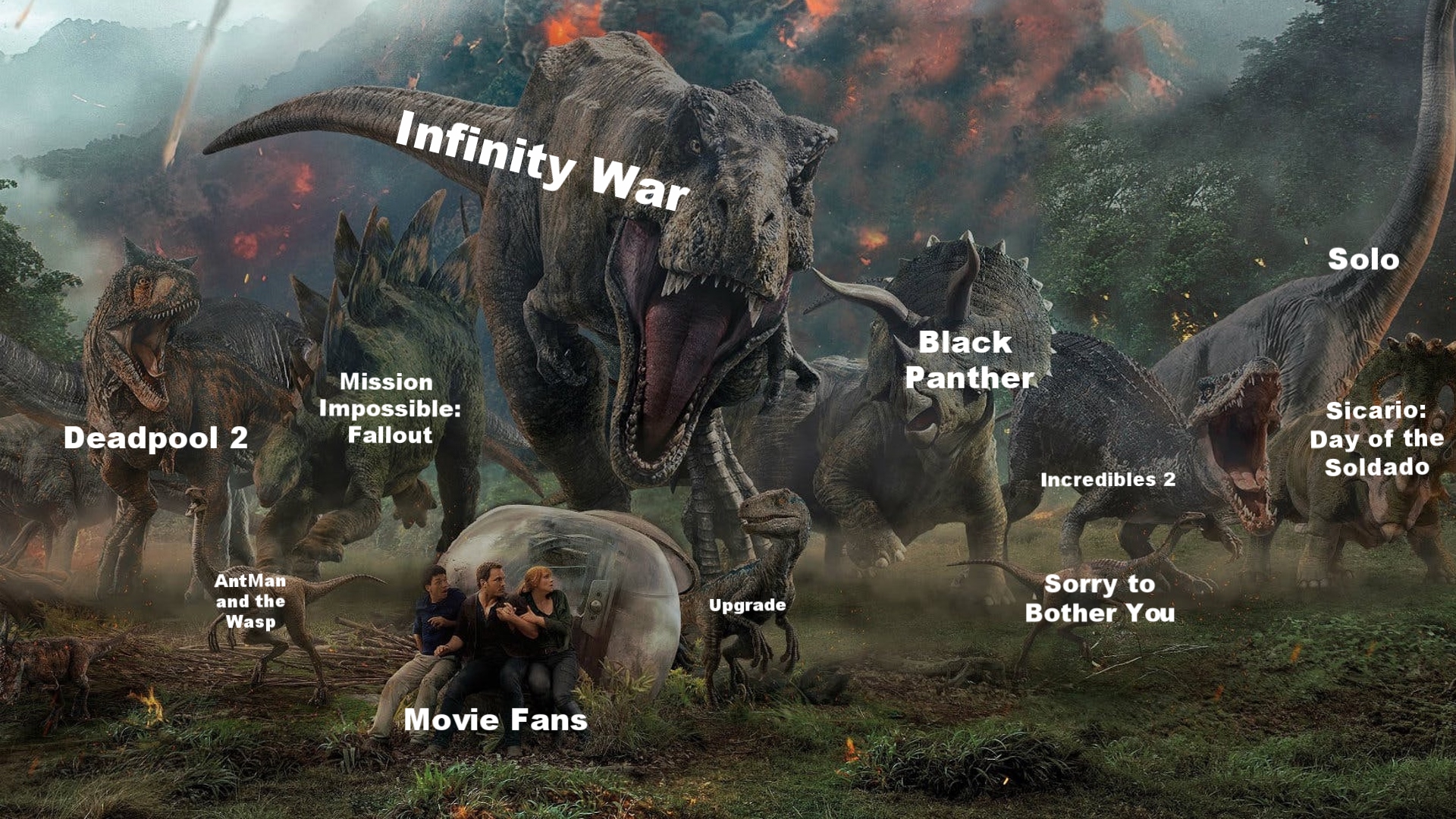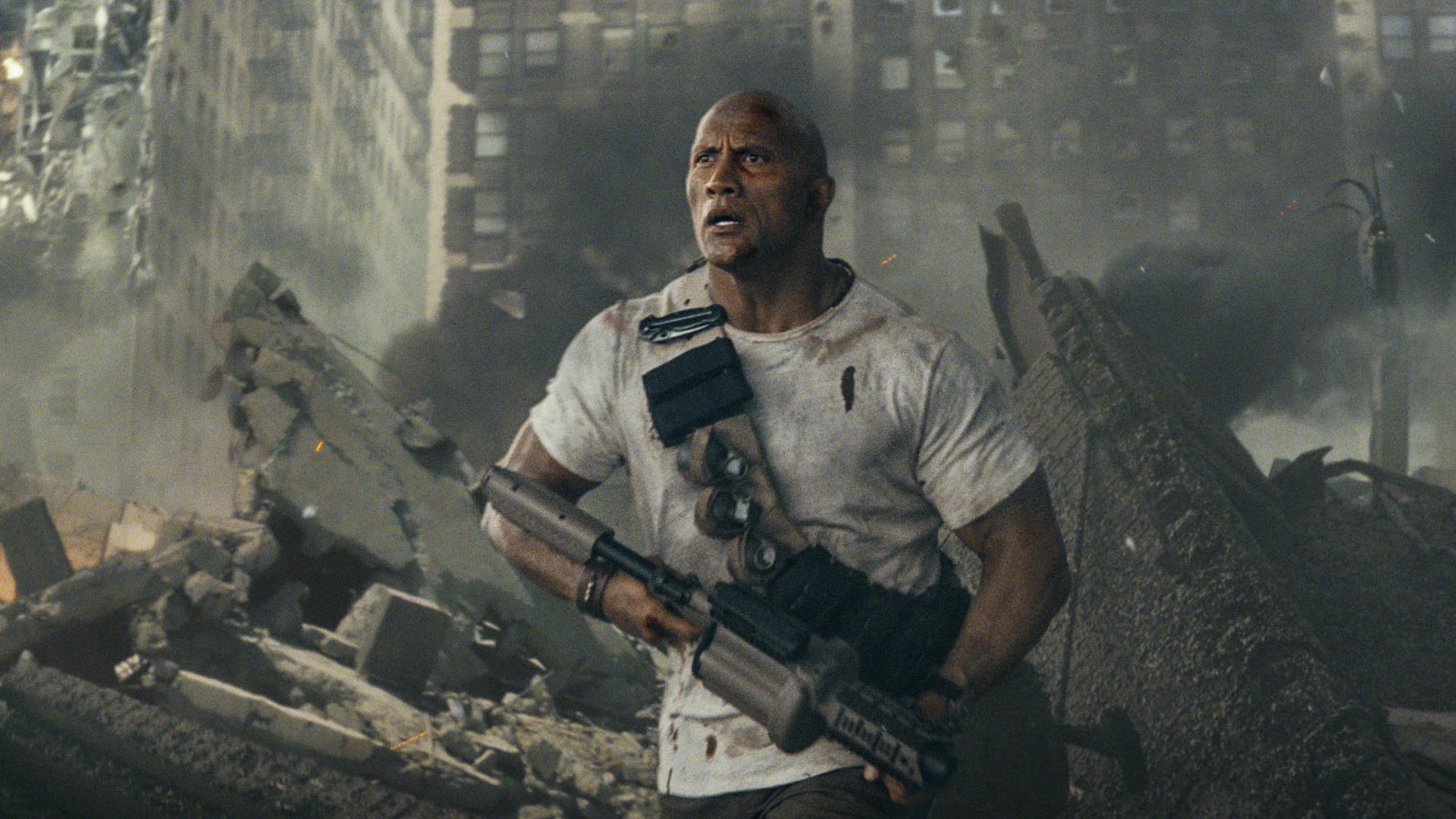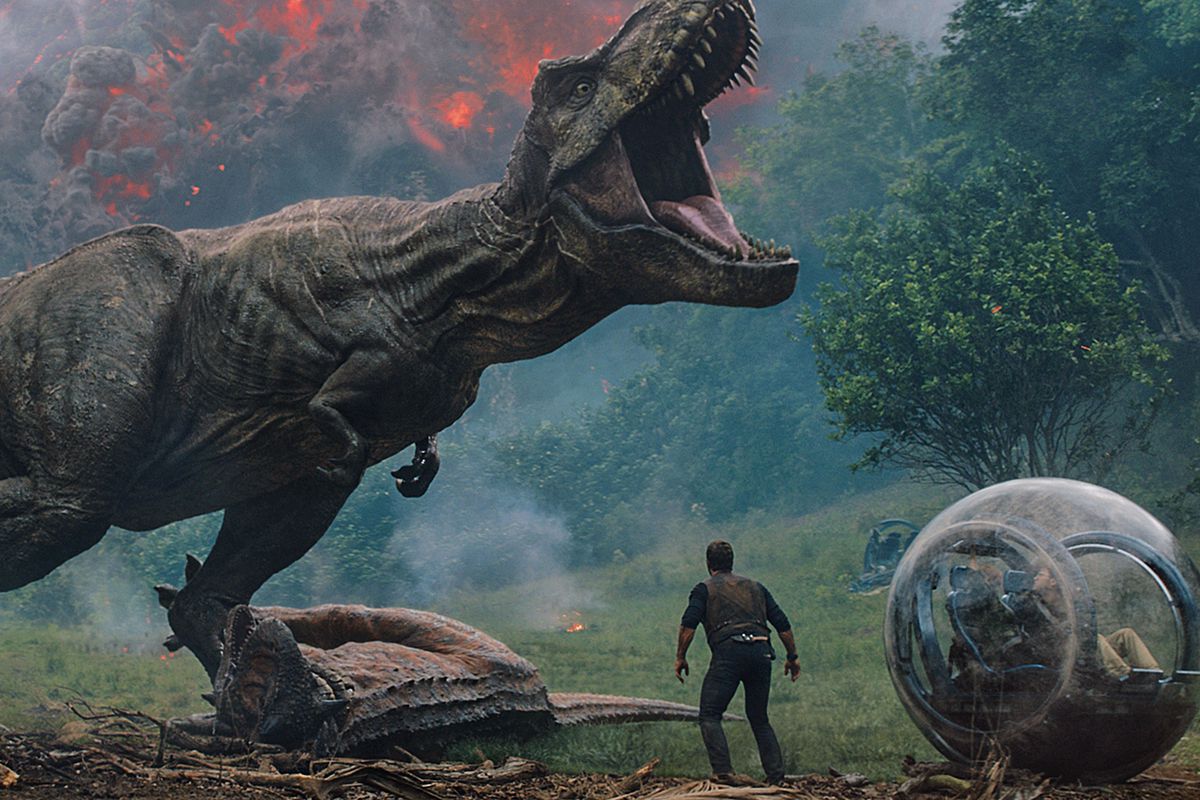Dealing with Blockbuster Burnout

Often viewed as a vacation season for America, summertime is often when the blitz of the highest profile content Hollywood has to offer makes it to the masses. As would be expected with a popular commodity released to a highly competitive landscape, the result can become a financial bloodbath just as easily as it can lead to success. But with “Sicario: Day of the Soldado,” the Dwayne Johnson star-powered “Skyscraper,” and even “Star Wars” taking massive hits that are bound to look ugly come quarterly report release, that ever-present yet valid question has arisen once more: are we in an age where we are receiving so many blockbusters, that we are officially burned out on them?
Recently coming to terms with the reality that the winter quarter that I once enjoyed tackling at a leisurely pace has now morphed into a full-fledged billion dollar landscape that demands the same attention that I give the summer, I can definitely verify that we are being hit with more high-budget and production heavy films now than ever before. Whether or not the bombing of these films stems merely from oversaturation, however, is a bit of a complex question to unpack.
Inundating audiences with a plethora of choices at all times, forces said consumers to ultimately play it safe with their money, which means the thing that they’re always guaranteed to flock to is what’s popular and what’s familiar.
A visual representation of summer 2018.
This has always been true to some degree, but when the current cinematic landscape sees a $50-100 million release just about every weekend, brands have flourished while more niche faire has fallen to the wayside. That’s why anything with the Marvel logo usually over performs and sets records, why “Jurassic Park” can continue reaping billions despite middling critical receptions, why family animated movies from major studios regularly do well in specific release windows, but movies like “Pacific Rim: Uprising,” with its reverence of tropes relevant to domestically obscure styles of Japanese storytelling plummet like stones — despite the “Transformers” series, also featuring giant robot action, making four sequels over a 10-year time span receiving nothing but critical lambasting.
It almost seems as though Hollywood has put themselves in a bit of a trap of their own making, as the reason we saw crowd pleasing blockbusters rise to begin with was because they were unique and sensational, but once they became common, they fall under the same scrutiny given towards anybody wanting to use their money to watch dramas, comedies, and other less high concept stories on the silver screen. However, where several might hail such a trend as a downward turn for blockbusters, I personally believe that the results could be quite the opposite.
A byproduct of this age of “blockbuster burnout” that doesn’t seem to get the attention that it's due is that the biggest financial rewards are now being yielded to movies ushering the biggest change.
Marvel may have become a familiar name with a money making guarantee upon each film release, but it earned that reputation by cleverly experimenting with the genre that it operates within, testing the limits of the superhero film to the benefit of characters and mythologies that won over the hearts of millions on screen.
Rather than rest on its laurels however, the studio puts out a film like “Black Panther,” which became a cultural phenomenon and milestone, and kicked off the summer season early with “Avengers: Infinity War,” a film so dense in preexisting film continuity it should be a statistical impossibility in an age of constant reboots and remakes.
Where a film was once all but guaranteed profit on spectacle alone, movies have begun to flop one after another despite churning out hundreds of millions in box office revenue while more modestly budget features are becoming major success stories, which implies that perhaps it’s not all blockbusters that are flopping, but simply the ones that are bad and/or lacking broad appeal.
Last year's 'Logan' is a prime example of a studio giant taking a chance that paid off.
This is perhaps best illustrated by the X-Men franchise, which within the span of a year, churned out the critically disappointing, financially underperforming, bombastic, and CGI heavy “X-Men: Apocalypse,” only to follow it up with “Logan,” a poignant R-rated deconstruction of the franchise’s mythos, that out grossed its predecessor and became the first superhero movie to be nominated for a screenwriting Oscar.
With the entertainment industry desperate to pander to the audience’s sense of gratification in the internet age, we’ve undoubtedly entered an era where big budget popcorn flicks are no longer special. While sitting through a higher volume of mediocre content is definitely an adjustment from sitting through nothing, I don’t think it negates the ones that deservedly land and it has even worked to curb its lazier element.
So even if Disney released a messy “Star Wars” prequel, one of the best films of 2015 that financially underperformed, and Dwayne Johnson put out a bloated vanity project that should convince him to diversify his filmography,, the memories of film in 2018 that will stick out in my mind are going to be that “Infinity War” and “Black Panther” were two of the best theater experiences of my life.
Graduating from Texas A&M University—Commerce with a bachelor's degree in News and Editorial Journalism, Jordan Wright has lived most of his adult life professionally critiquing films, from major blockbusters to indie dramas, and has no intentions of stopping.








